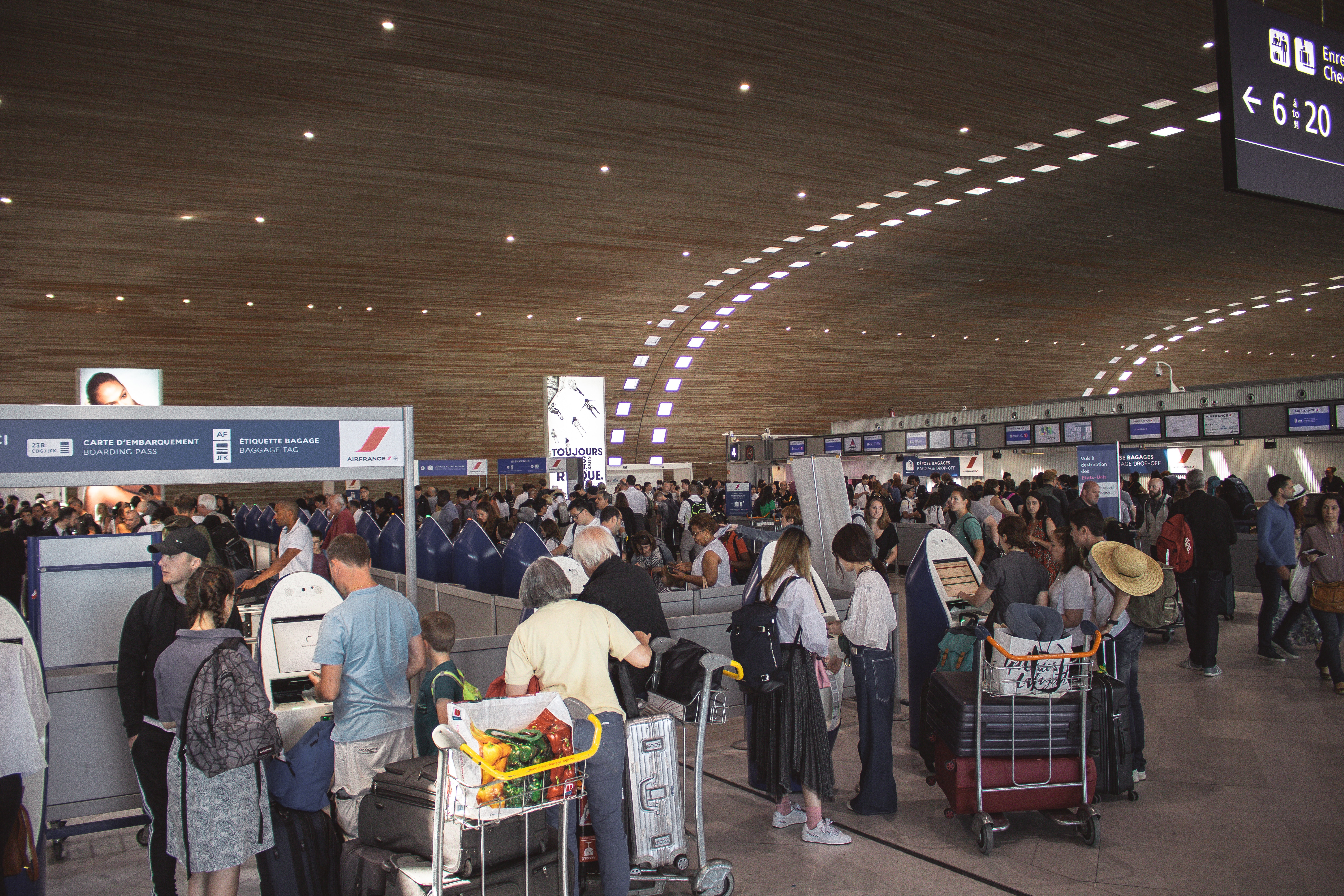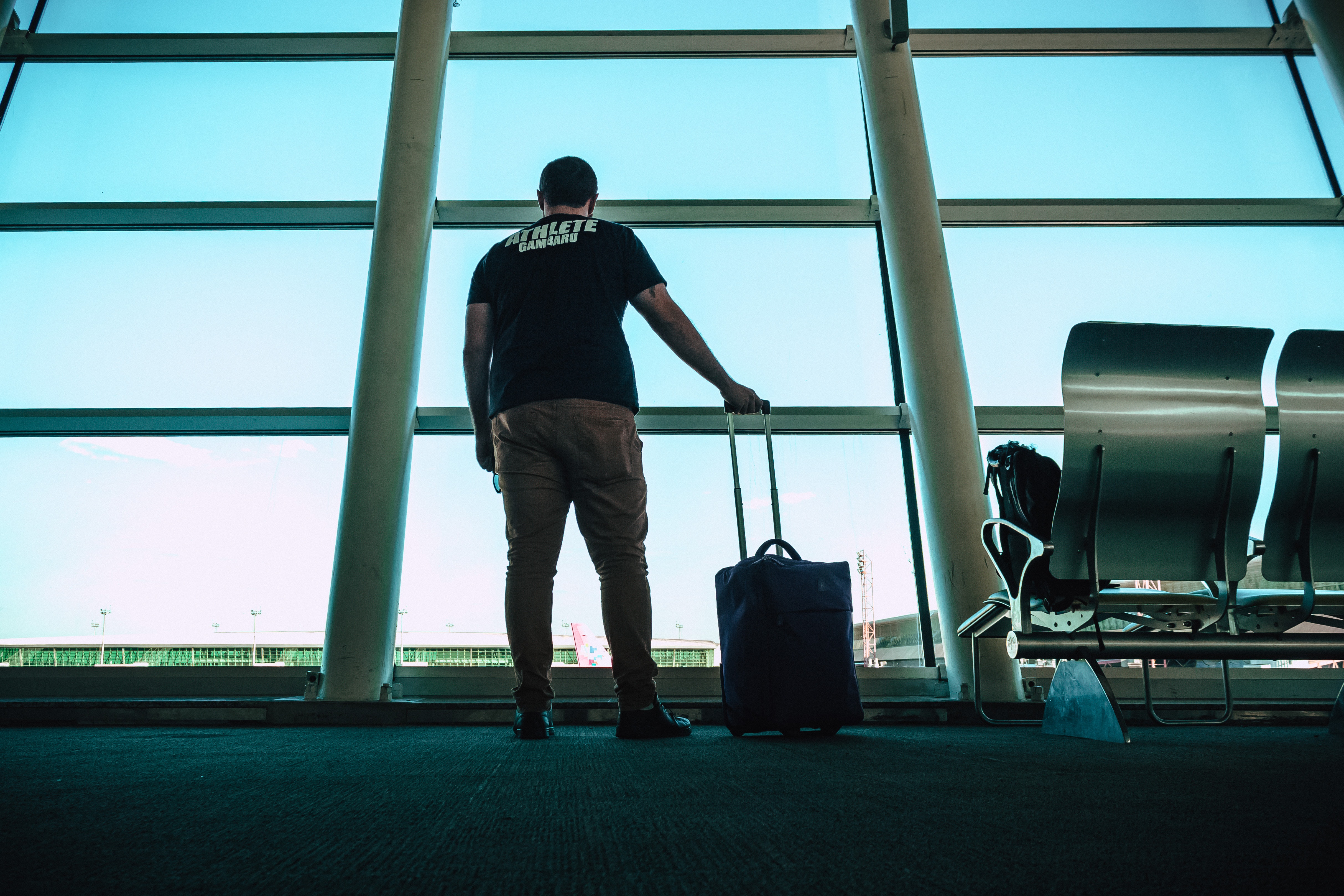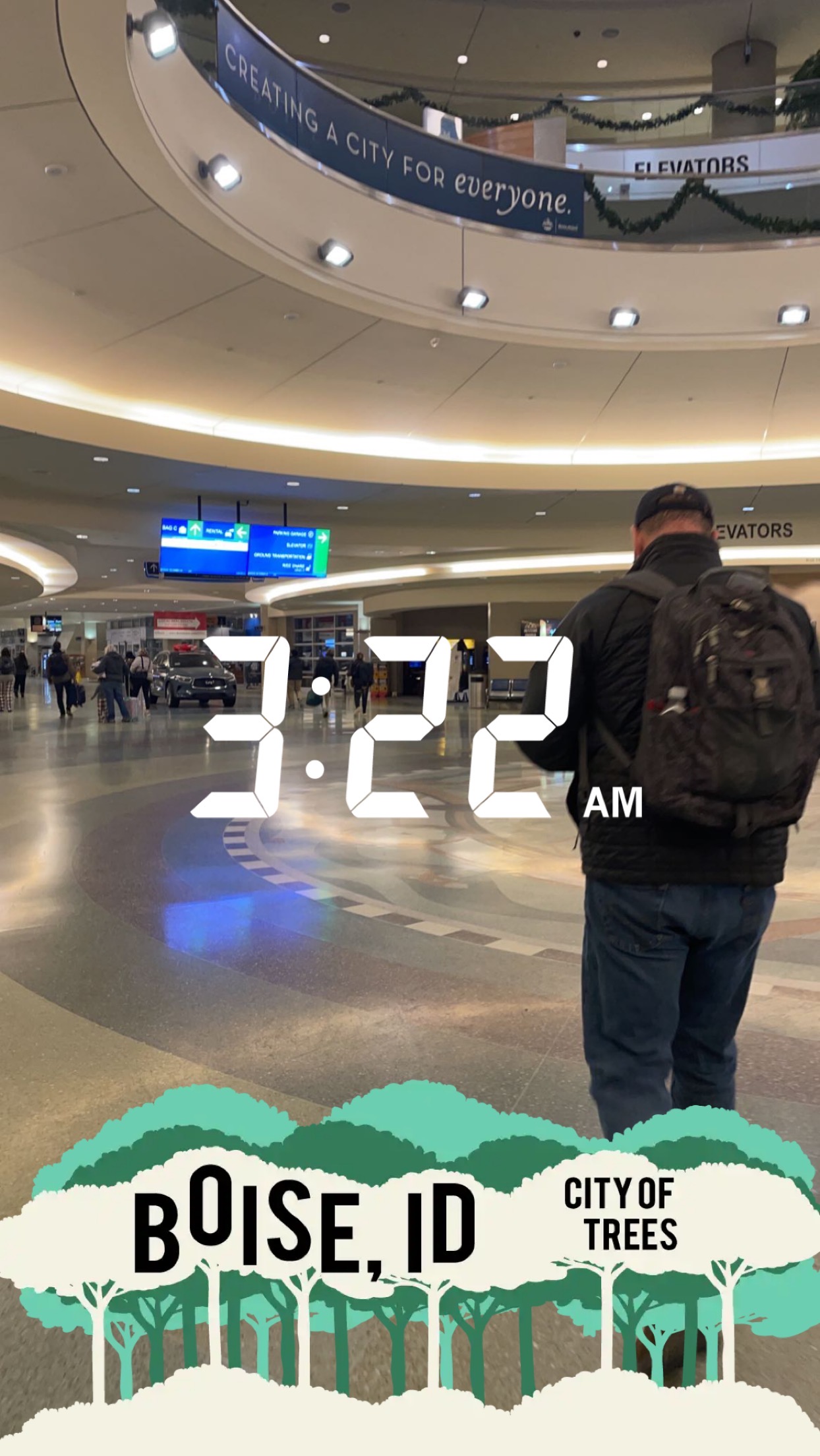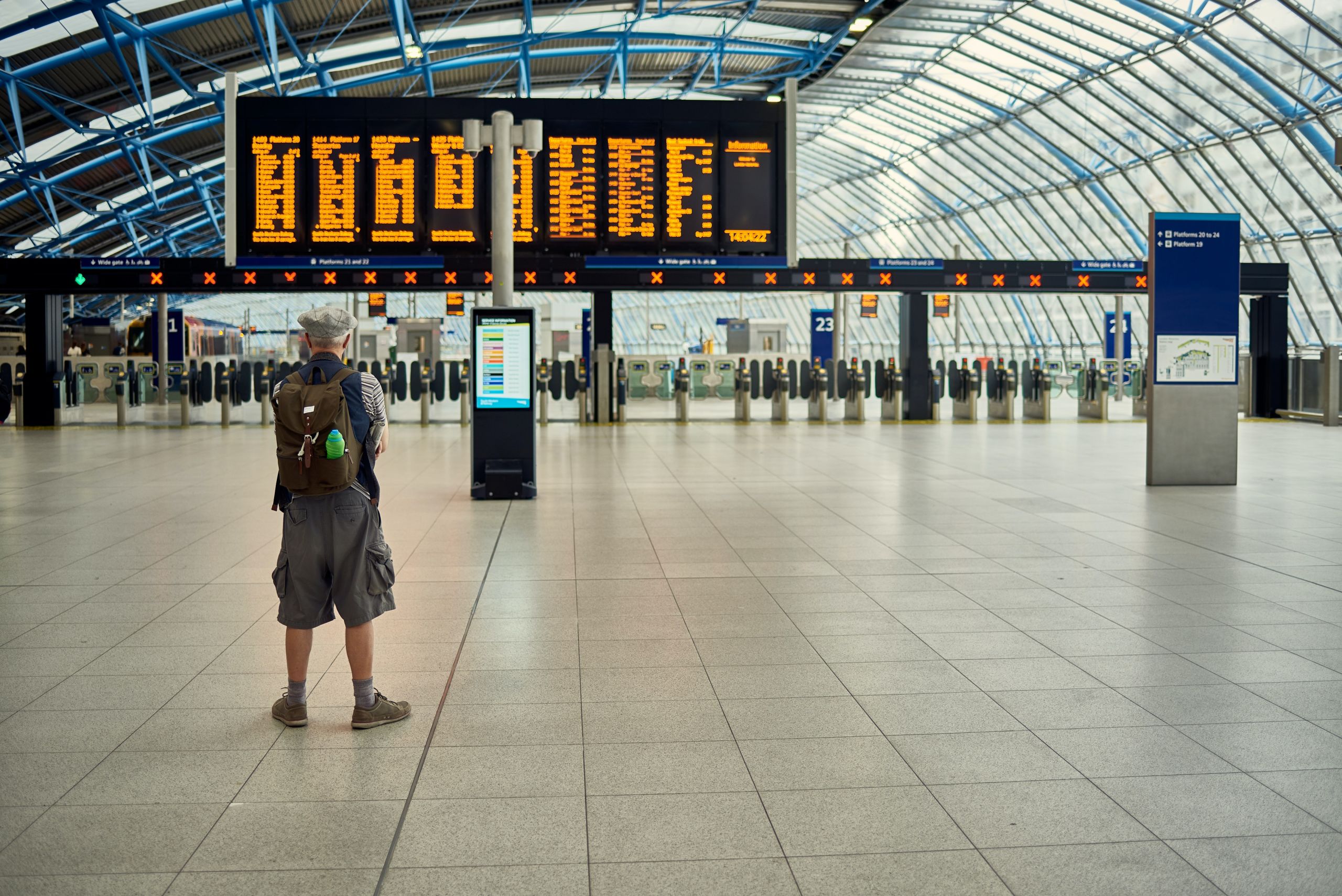The last place I expected to spend my Christmas was at the airport. I was looking forward to celebrating Christmas with my family from Washington state, none of whom I had seen since returning to Cabrini in August. Our holiday celebration was moved to Boise, Idaho, and our plan was foolproof. I would make the cross-country trip from Philadelphia to Seattle, my dad would pick me up from the airport, and a few days later we would head down to Idaho to reunite with the rest of my family.
Easy enough, right?
I packed my bags, and a mere hours before takeoff we got an eye-rolling notification on our phones:
Your flight has been canceled, a representative will be in contact to reschedule you.

Unfortunately, I joined the thousands of U.S. travelers whose holiday plans were interrupted by flight delays or cancellations. The New York Times reported that in the last 10 days of December 2022, around 30,000 flights were canceled.
This pattern is its own annual holiday; every year, news broadcasts are filled with stories of people stranded in airports or stuck on hold with customer service for hours.
This year’s holiday travel cycle featured the headline story of Southwest Airlines, whose outdated scheduling system and inability to prepare for winter weather caused close to 70 percent of its flights to be canceled and left thousands of travelers without a backup plan.
Airlines are failing their customers during these crucial times of the year, and it’s time for families to feel confident when making plans to unite during this special time of year.
The root of the chaos
The end of 2022 saw widespread winter storms across the country that caused mass cancellations and delays. Buffalo Niagara International Airport had to close down for a few days due to intense snowstorms in northern New York state.
While weather will forever be an uncontrollable factor, what really had travelers scrambling was the operations and customer service from airlines unprepared for a week that everyone has circled on the calendar.
Pete Buttigieg, U.S. Transportation Secretary, said in statements leading up to the crisis “nobody can control the weather, but you can control how resilient the system is.”
Southwest Airlines proved to the country that its system was not resilient at all.

When Herb Kelleher started Southwest Airlines in 1971, he wanted his company to supply travelers with the most efficient travel experience for the best price. The airline utilized a point-to-point model, eliminating the problems that come with transfers and layovers when trying to get to smaller cities. This business model was a massive success in growing the company and a popular option for those traveling on a budget.
But their famous travel model is what got them in major trouble during these winter storms.
Since Southwest tries to keep as many planes in the air as possible when the storms hit they had aircrafts and crews scattered across the country. On top of this, the company’s crew scheduling system crumbled as it was overwhelmed by cancellations.
Flight crews were stuck on hold for hours as operations officials at Southwest tried to organize their scheduling. When airlines cannot sufficiently assign crews for flights, they have no choice but to cancel them. This scheduling failure is the main reason why Southwest had to take down or delay thousands of flights around the Christmas holidays.
Compensations aren’t enough
In the days following the Southwest meltdown, Buttigieg appeared on national news calling out the issue and pressuring airlines to follow through on meal vouchers, hotels, and other customer compensations. He made it clear that the issues were far from weather-related, and that the airlines needed to take responsibility.
However, a meal voucher to an airport Starbucks does not replace the magic of missing Christmas dinner with your family.

When my original flight got canceled, the phone lines for Alaska Airlines were backed up eight hours just to speak with somebody that could reschedule or give out customer compensation. My dad and I decided instead to get seats on a completely different flight to leave at 7 p.m. Christmas Day.
We arrived at the airport to see another notification pop up on our phone:
Your flight has been delayed and will now depart at 9 p.m.
This two-hour delay wasn’t ideal, but didn’t bother me. Where I became frustrated was after the fourth delay which ended with me leaving Seattle at 1 a.m. on Dec. 26 and landing at 3 a.m. in Idaho.
Beyond the Southwest Airlines debacle, on the morning of Jan. 11, 2023, the Federal Aviation Administration, FAA, had a system failure that caused 1,200 flights to be canceled and 8,500 delays all in the span of a few hours.
Concerns were lingering over the FAA’s technology leading up to the crash, which was only accentuated as travelers had yet another reason to become increasingly frustrated.
My flight to come back to Cabrini happened to be on the same day as the system failure. Luckily for me on the West Coast, my flight wasn’t directly impacted but it still had me thinking about how have we not figured out in 2023 the most efficient way to get travelers to destinations in prime travel seasons.
This is not an issue that is exclusive to this past holiday season. Little action has been taken to make nightmare holiday travel stories a thing of the past. There isn’t an immediately clear solution that would give everyone the freedom to travel worry-free over the holidays. However, holiday travelers should not be subjected to the will of outdated computer systems and customer service representatives deciding if they get to spend time with family or not.



